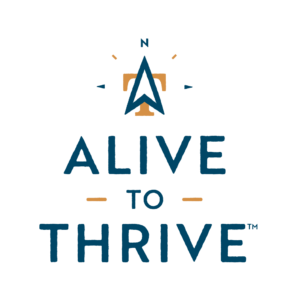Each person comes to their wedding with a unique set of life experiences and levels of childhood trauma that impact the marriage relationship.
One afternoon, my neighbor telephoned and quickly turned the conversation to the event that had been the topic of conversation in our community. According to the news story, an elderly woman tossed lighter fluid on her husband and lit a match. Thankfully, no serious harm was done, and the authorities intervened.
What Was She Thinking?
I wondered, did the woman have a break with reality? Did mental illness run in the family?
My friend spoke quietly, seriously. “I know why she did it.” There was a pause. “I’ve made an appointment for counseling and wondered if you would watch the children for me?”
For several months her children had a weekly play date with mine while she and her counselor worked together.
Each individual comes to their wedding with a unique set of life experiences and levels of childhood trauma that impact the marriage relationship. Depending on countless factors, some experiences can be traumatic and have long-range impacts on the individual, the marriage, and the family. Developed by Dr. Nadine Burke Harris, the ACE assessment, used by physicians to wholistically assess young patients, lists ten adverse childhood experiences that can negatively impact emotional, physical, and spiritual health and wellness in adulthood.
According to Harris, in her book The Deepest Well, a score of four on the ACE assessment often shows up in health concerns from asthma to heart issues and stroke. A score of seven or more can trigger learning problems and depression. Emotionally, an ACE score can contribute to exaggerated reactions, control issues, or the inability to form deep relational connections. Childhood experiences can make it difficult for an adult to relate to or trust God. Together, all of these factors influence how a husband and wife relate, react, and respond to one another.
Measure The Impact of Childhood Trauma
According to the Center for the Developing Child, Harvard University, the ACE assessment asks: Before your 18th birthday…
- Did a parent or other adult in the household often swear at you, insult or humiliate you, or act in a way that made you afraid that you might be physically hurt?
- Did a parent or other adult in the household often push, grab, slap, or throw something at you, or hit you so hard that you had marks or were injured?
- Did an adult or person at least five years older than you touch, fondle you, or have you touch their body in a sexual way? Or attempt oral, anal, or vaginal intercourse with you?
- Did you often feel no one in your family loved you or thought you were important or special? Or that your family didn’t look out for, feel close to, or support each other?
- Did you often feel you didn’t have enough to eat, had to wear dirty clothes, and had no one to protect you, or that your parents were too drunk or high to take care of you or take you to the doctor if you needed it?
- Were your parents separated or divorced?
- Was your mother or stepmother often pushed, grabbed, slapped, had something thrown at her, or threatened with a gun or knife?
- Did you live with anyone who was a problem drinker, alcoholic, or who used street drugs?
- Was a household member depressed, or mentally ill, or did they attempt suicide?
- Did a household member go to prison?
Formational experiences such as this list of ten leave imprints that make their appearance in the marriage relationship. The intensity of the reaction stemming from hidden childhood trauma can leave those around wondering what just happened and cause family members to walk on eggshells.


















 0800 200 362
0800 200 362 support@family.org.nz
support@family.org.nz Rangiora, 7400, New Zealand
Rangiora, 7400, New Zealand